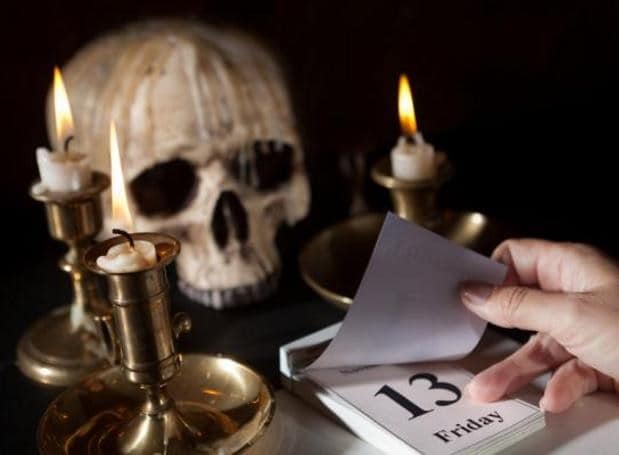Friday the 13th today, and for many, especially in the Western world, corresponds to Tuesday the 13th, a notable date for Greeks and Spanish speakers.
In fact, there is such a level of phobia under the name Paraskavedekatriaphobia — fear of Friday the 13, from the Greek words "Friday", "thirteen", and "phobia".
For the characterisation of it as a Greek day, various theories of origin have been expressed, among which:
- Friday the 13th (October 13, 1307) saw the extermination of the Templar Order by the army of King Philip of France.
- It was Friday when Eve gave Adam the forbidden fruit, resulting in both being expelled from Paradise.
- The great flood of the Bible happened on Friday.
- Christ was crucified on Friday.
As reported on San Simera, 13 is the most unlucky number, which breaks the harmony of 12 (12 Gods of Olympus, 12 labours of Hercules, 12 tribes of Israel, 12 disciples of Christ, 12 Imams, etc.).
By adding the number "one, " a new cycle begins. The unknown, represented by the number 13, causes people to worry, so they start associating it with unfortunate events.
In IT, a virus called "Friday the 13th" was created in Israel in 1988. It is activated when the computer's calendar shows Friday the 13th; as a result, it slows down its operation.
READ MORE: AI Reads Greek Words on Unopened Herculaneum Scrolls for First Time.


